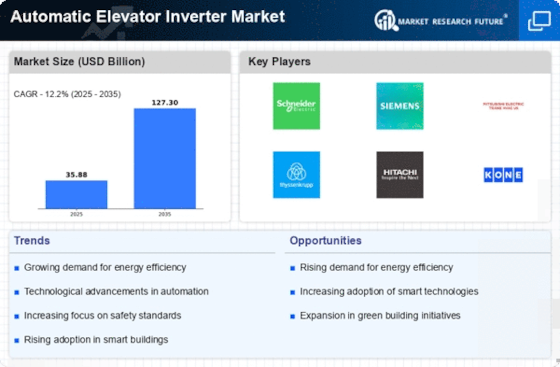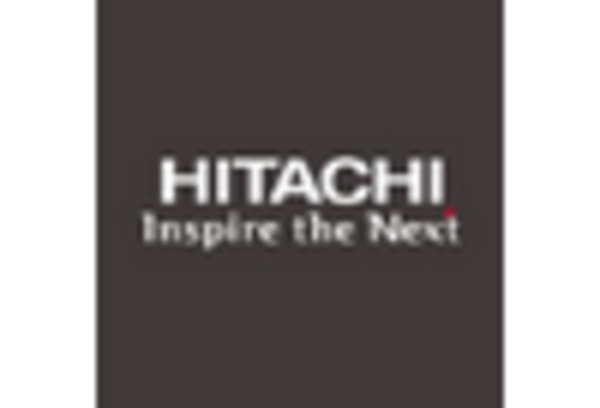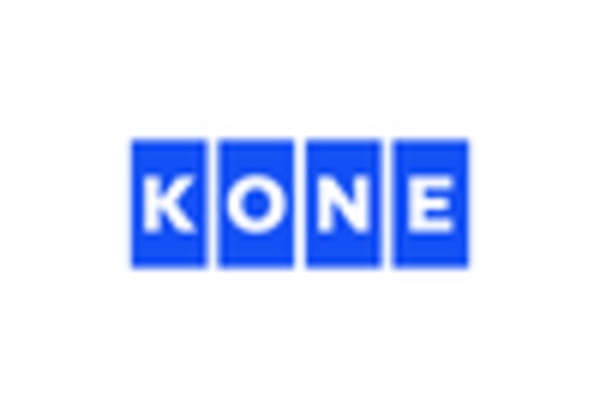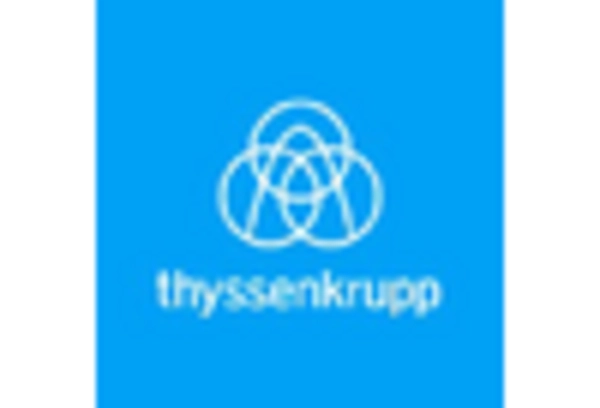Market Share
Automatic Elevator Inverter Market Share Analysis
The Automatic Elevator Inverter Market completed their grey via variety tactics that are confronted for market shares and competitiveness in the scalable pattern of vertical transportations systems. One among the core approaches is innovativeness in technology that is accommodated by certain companies spending huge resources on research and development to develop sophisticated elevator inverters. Some of the innovations may be regenerative drive systems, energy-saving technologies, and intelligent control systems that improve on the efficiency of these machines in all aspects; productivity and reducing energy usage. With the provision of future-proof solutions that meet the demands posed by dynamic times, businesses will seek to create competitive advantage through filling an uncontested market niche and possibly, gain more dominance. Many of the factors that highest impacted market involved in cost leadership.
In an era when cost-effectiveness is something key in every industry, firms are directed to finding opportunities for economies of scale and better assessments on manufacturing processes. This includes – efficient manufacturing, cost mitigation tools and supply chain optimization. Through cost leadership, firms can push their competitive pricing and reap customers from all fliers based on the cheaper price. This cost-efficient approach is especially useful for markets where contracted constructions and building owners are focusing on cheaper components. However, segmentation is a crucial strategy pertinent to any company operating in the Automatic Elevator Inverter Market. Considering the three levels of elevators, firms have developed various customized solutions to cater for different market segments. This specialized effort enables companies to focus on the needs for each of these sectors such as commercial premises, residential developments, or industrial areas.
Through targeting the needs of each market segment precisely, companies a diversify their offers to fit different sub-markets as adequately and thus appropriate shares in which specialized area. The emerging trends and drivers namely collaborative partnerships and alliances are gaining utmost importance in the Automatic Elevator Inverter Market. With the level of complication involved in elevator operations systems, many modern organizations enter strategic alliances with other providers that offer complementary technologies and resources. Collaborations can be joint ventures, unites accompanied by technology licensing agreements also research associations. Through its sharing the functional capabilities, firms attain an accelerated and minimized time-to-market, thus becoming competitively strong. Such market-based partnerships also offer a market enlargement and getting access to find more customers. Two crucial trends include the surge of sustainability and energy efficiency in the Automatic Elevator Inverter Market. Supported by the growing emphasis on environmental accountability, companies endeavor now to develop green strategies which could allow them to introduce an effective position.

















Leave a Comment